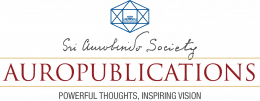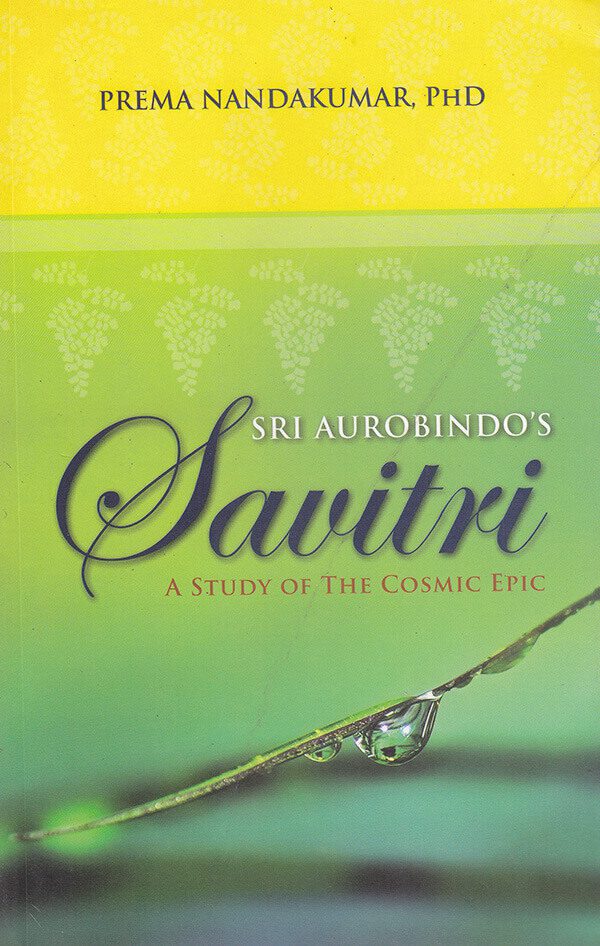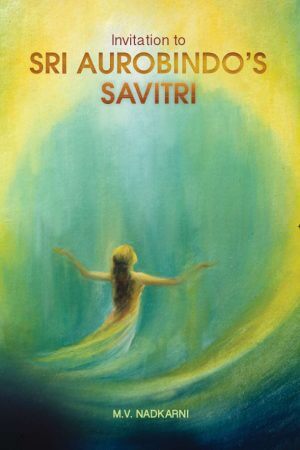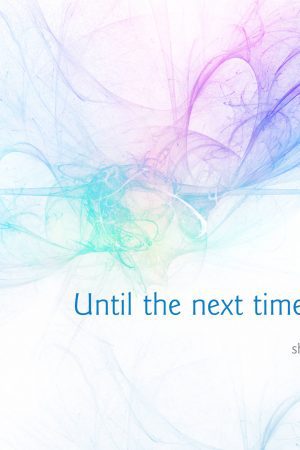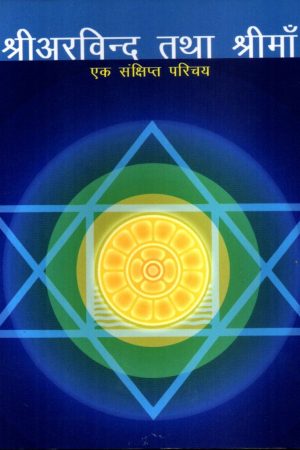Sri Aurobindo’s multi-faceted genius is not easily fathomed. The world knows him primarily as a Mahayogi. He was also a superb poet in English and achieved the impossible by producing a great philosophical epic in Savitri. Almost fifty years a-growing, the epic poem takes up the secular legend of Savitri and Satyavan found in Vyasa’s Mahabharata and retells the tale in terms of man’s evolutionary advancement and the possibilities of his great future on earth.
Savitri by itself, Savitri in relation to Sri Aurobindo’s life and work, and Savitri in relation to the great epics of the world and even in relation to the currents of human thoughts and experience of all times: these are the three ascending terms in the argument in Sri Aurobindo’s Savitri, A Study of the Cosmic Epic. At a time when there is a widening interest in Sri Aurobindo’s poem, this trustworthy volume will be a great help to aspirants the world over.
*
Savitri is the record of a seeing, an experience which is not of the common kind and is often very far from what the general human mind sees and experiences… there must be a new extension of consciousness and aesthesis to appreciate a new kind of mystic poetry.
—Sri Aurobindo
Excerpts:
This sublime picture of Dawn is verily infused with the symbolism of growth in consciousness: that is, Woman inconscient waking up from her stupor and becoming slowly transformed into the superconscient goddess. Sri Aurobindo’s aim in retelling the familiar story of Savitri is to show how the mind that at first partakes of the inconscience of the lowest depths or rungs of life, passes through successive stages of evolution, and at last attains the highest, the Superconscient.
Love is a spiralling phenomenon, its base is on earth and earthy, its crown is in the highest heavens, its power has a uniform potency, though the effects may differ at different points of the spiral. ……….. But in its essential movement and in its proper field, “Love is a glory from eternity’s sphere”.
………., Savitri cannot be read in a hurry; it is a sort of poetic source-book of the origins of the cosmos, a dramatization of the present predicament, and a Book of Prophecy about the future; and so momentous and comprehensive a poetic relation of events and projection of future possibility demands austere attention from the reader and the strain of ‘waiting and listening’, so that things may be seen with the inward eye and heard by the inward ear.
